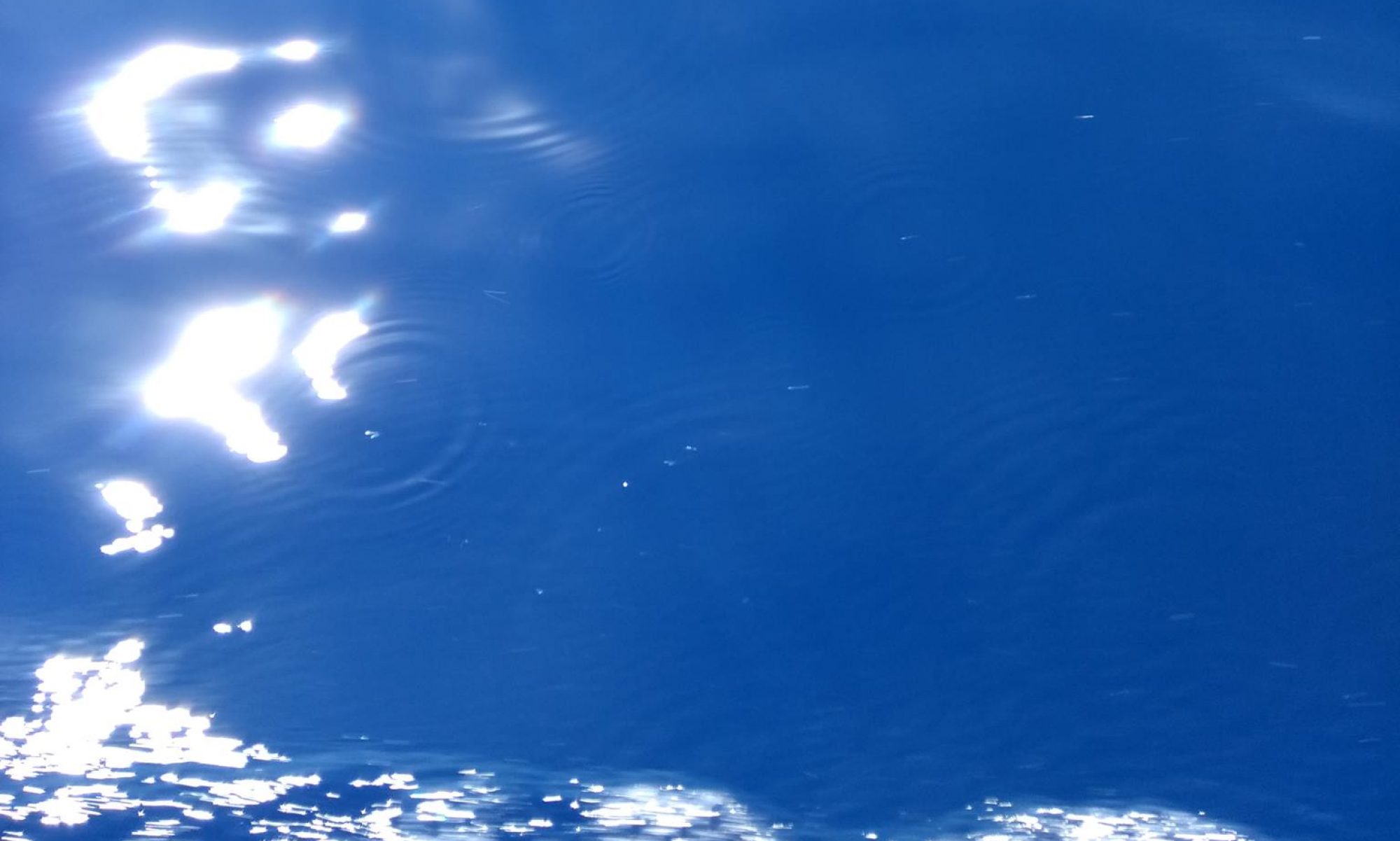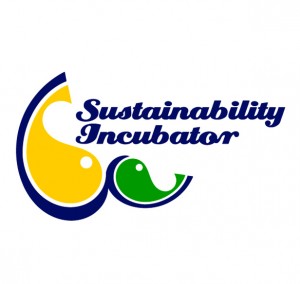We work with governments to implement better oversight and assist food companies to perform human rights due diligence. We work with awareness that respecting human and labour rights is a constant challenge in commodity sectors because market prices and working conditions are linked and ever-changing.
Shrimp Investigative Series
Human rights for dinner: Supermarket shrimp and the business of exploitation
This report provides an overall assessment of research results from field-based
research in Indonesia, India and Vietnam, research into the business model in
the major producing countries for whiteleg shrimp (Litopeneaus vannamei), and
quantitative analysis of prices and costs at every tier of the shrimp supply chain,
August 2023 through July 2024. India research was conducted by the Corporate
Accountability Lab, Indonesia by Akatiga Center of Social Analysis, Institute for
Policy Research and Advocacy (ELSAM), and Migunani Research Institute, and
Vietnam by three Vietnamese experts and their teams with the Sustainability
Incubator. The overall research, including the market component, analysis, and
report-writing were done by Dr. Katrina Nakamura of the Sustainability Incubator.
Questions about this report? Please contact us at Info@Sustainability-Incubator.com.
Shrimp Investigation: Vietnam. Laboring for less so supermarkets profit more
How Western supermarkets are shortchanging consumers and farmers – driving down worker incomes and conditions
In 2023 and 2024, the Sustainability Incubator collaborated on research into working conditions in Vietnam’s shrimp sector with three Vietnamese expert teams and interviewer Ms. Angel Ysik. Primary research involved interviews with 151 individuals, primarily shrimp workers and producers, at each tier of the shrimp supply chain in Vung Tau, Bac Lieu, Can Tho, Soc Trang, and Ca Mau districts. Forced labour was not found. However, worker earnings were down 20-60%. The earning loss was traced to steep declines in wholesale prices not explained by supply and demand. However, the losses became more explicable after prices were traced through the supply chain to retail, particularly to supermarkets in the US, UK and Europe. Are supermarket procurement practices putting a thumb on the scale?
Update, August 31 2024. In the interests of productive dialogue, these results were discussed with the Vietnam Association of Seafood Exporters and Producers (VASEP). The report was updated with new information on September 12, 2024.
Questions about this report? Please contact us at Info@Sustainability-Incubator.com.
Tuna Investigation: Is tuna ecolabeling causing fishers more harm than good?
Published by Nature
The article, database and supplementary notes (footnotes) can be found here (also here). Additionally you may find correspondence with the certifiers and data files here.
- Oceana’s Press Release
- International Trade Federation’s Press Release
- Global Labor Justice’s Press Release
- Sustainability Incubator Press Release
Questions about this report? Please contact us at Info@Sustainability-Incubator.com.
ABOUT US
Op Ed 11/23: The numbers tell the story when it comes to forced labor in seafood
Interested in our Position? The Sustainability Incubator works in support of the people making our food – especially foods from the ocean. As a research firm specializing in seafood supply chains, the Sustainability Incubator takes the position that human and labour rights are respected when fishers and farm workers are being listened to and empirical evidence shows it.
Why did we invest in an investigative series on shrimp and tuna? As seafood goes, shrimp and tuna are the most popular by far. Shrimp and tuna products are produced in enormous quantities in supply chains involving millions of people. When we eat shrimp or tuna bought at the supermarket or when eating out, we are far from the people who fished or farmed it but connected by the supermarket or food service supplier. We rely on retail information to know that the food is safe to eat, for example, and was produced legally and without abuse. This investigative series was driven by the mathematical conundrum that supermarkets are selling enormous quantities of shrimp and tuna to consumers at higher prices that since the pandemic have been wholesaling at very low prices — historically low for shrimp — while making assurances that the products are made with respect for human and labour rights – and forced labour is kept out.
Exploitative conditions occur when wholesale prices are lower than what the product costs to make. Wages are based on wholesale prices in commodity sectors. The story the numbers tell is, it’s one or the other. Either prices are high enough to support minimum wage conditions and respect for human and labour rights, or they are too low to.
The Sustainability incubator conducted rigorous and validated research into shrimp and tuna supply chains in order to collect empirical data from producers and workers in interviews and on earnings, prices, costs, landings, vessel and facility lists. The data showed that conditions and earnings have deteriorated since the pandemic for producers and workers. This is not communicated in the market where profits from shrimp, analysts say, are at an all time high. For shrimp and tuna, we completed research that large supermarkets could and should be doing for themselves and consumers. Governments also rely on accurate information to regulate trade. We have pioneered investigative due diligence because business needs real world knowledge to advance for trade to function efficiently and for food producers and workers to get a square deal.
Interested in our methods? The Sustainability Incubator is tracking conditions with methods that are transparent, scientific, and peer-reviewed (see https://www.science.org/doi/10.1126/sciadv.1701833).
Interested in our credibility? Labor Safe Screen methods won the Grand Prize in the Partnership for Freedom Tech Challenge to Combat Modern Slavery, were profiled in the Financial Times (here: https://www.ft.com/content/4dd47e72-d163-11e8-9a3c-5d5eac8f1ab4), and invited into the Finance Against Modern Slavery working group of major global banks and investment houses.
YOU CAN HELP TO ERADICATE MODERN SLAVERY ON THE OCEAN.
Ask your Supermarket if they track the fishing companies and farms they buy seafood from. If they say yes, ask where you can see the lists of companies and locations on their website (not certifications they aren’t tied to use). Ask how they avoid causing exploitation and adulteration in seafood production when sourcing by the lowest prices?
CURRENT & RECENT WORK
Regional study on labour practices in fishing sector in ASEAN. Research for the ASEAN Secretariat and DAI. August 2024-August 2025.
Review of ASEAN Migrant Fisher Guidelines. For the ASEAN Secretariat and DAI, February-March 2024.
Private sector training for Fisheries and Aquaculture Businesses in Indonesia and Thailand. For the International Office of Migration, Bangkok and Jakarta. Combining new curricula for experiential training (case-study-based) and validation with stakeholders.
Training Manuals for Seafood Business Enterprises: IOM Fair and Ethical Recruitment and Employment of Migrant Workers in the Fishing and Seafood Processing Sectors
Inspector training at Fishing Ports to detect forced labour. For Harbor-masters, labor inspectors and fisheries / Coast Guard inspectors at the General Santos port in the Philippines and the Bitung/Manado ports in Indonesia. New Curricula, Validation, Training Workshops, Interagency Coordination Trees, and a Rollout into the local mandate. For SAFE Seas.
Training Manuals for Detecting Forced Labour: Port and Fishing Inspectorates
Policy briefs on Fishing Labor Priorities for the Federal Governments of Indonesia and the Philippines. For SAFE Seas.
Social responsibility guidelines for the fisheries and aquaculture sector. For the UN Food and Agriculture Organization.
Human rights due diligence screening and training. For food sector companies and seafood suppliers.
Seafood producers putting themselves on the map: an innovative new tech platform for meet ups and new business. Seafood MAP for IDH.
Crew Matters Committee member for foreign crew in the Hawaii longline fleet and writer of the crew rights training and vessel owner code of conduct, with Dr. John Kaneko and oversight from the US International Labor Affairs Bureau.
OUR PEOPLE
The Sustainability Incubator was founded in 2012 as a research firm using rigorous methods for accuracy and for ensuring an effective response. We contribute science and empirical knowledge to sustainability (no theoretical models, no aspirational pledges).
The company was founded by Dr. Katrina Nakamura on the principle of innovation and respect for seafood livelihoods. Previously, Katrina opened and operated 6 seafood restaurants at fishing wharves and bought seafood locally. Her training is in rural planning and development (BSc Hon, MSc, interdisciplinary PhD).
Each new project is built to deliver accurate and powerful results by recruiting the best frontline talent and incountry experts. Thirty-year Indonesian labor expert Dr. George Sirait (Java) was recruited to collaborate on inspector curricula and training to detect forced labour at fishing ports in Indonesia. For inspector training at General Santos fishing port in Mindanao, the Philippines, the Sustainability Incubator recruited Angel Ysik (MA and East-West Center Leadership Fellow) based in Sultan Kudarat, Mindanao and uniquely trained in interviewing fishers. Angel is a repeat contributor and has led training in the Philippines and interviews in Vietnam. Six collaborators in Vietnam were recruited at three expert organizations to look into conditions in the shrimp sector. Experiential training expert Dr. Nadia Al-Alawi collaborated on an experiential design for training materials for the International Office of Migration training with a goal to maximize their effectiveness with the fisheries and aquaculture industries.
To develop accurate methods for screening seafood supply chains for forced labour, the Sustainability Incubator collaborated with Patima Tungpuchayakul and Sompong Srakew at Thailand’s Labour Protection Network. A meet-up platform concept for seafood producers worldwide was developed by the Sustainability Incubator with a dream team of diverse experts that included Dr. Lahsan Aboud (former FAO Fisheries Director), Liz Muller (architect behind the Better Cotton Initiative, Responsible Minerals Initiative, YES Standard for yarns), Claudia Beltran (fisheries socio-economist), Duncan Leadbitter (expert in fisheries sustainability) and Monica Jain (Founder of Fish 2.0 and expert in seafood investment).

